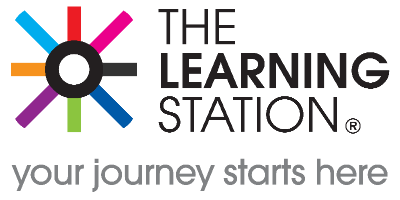- “What skills are they looking for?”
- “What experience matters the most to them?”
- “Which qualifications do employers want their staff to possess for this role?
1. Put Your Details At The Top
This is absolutely crucial. Employers need to know who you are and they want to know how they can contact you. The mandatory details you should put down are your name, address, mobile number, nationality and email address. I would highly recommend to not write either your date of birth or your gender on your CV. Even though we do live in an age where equal opportunities is held at its highest regard, you do have the right to withdraw this information if you feel it might affect your chances.2. Write A Profile That is No Longer Than 5 Lines
A profile (or a bio) gives potential employers a short introduction about you. In this section, you should outline your goals and your current situation. You can also sell either your main skills or your proudest achievements. To give you an example, let's say you want to go for a customer service assistant role in retail but you don't have any experience in this field. A good profile would look like this:“As a highly motivated and driven individual, I am determined to learn and exceed in the working world. I have recently finished school and I would like to pursue a career as a customer service adviser. I enjoy helping people and I believe that I would be a great fit for this type of role”
The above is a very basic example but do take note of the positive language that was used. Remember, it is all about selling yourself.3. List Your Skills.
There are two ways to do this, you can either present your skills as a list or you can write your skills along with some examples of you utilising your skills. The former will turn your CV into an experience-based CV, the latter a skills-based CV. The latter is more beneficial for roles that you want but don't have any professional experience. To help you understand this a bit better, here are a couple of examples: Experience-based:•IT
•Communication
•Team working
•Organisation
Skills-based:Communication Skills.
"Volunteering at my local charity shop, I developed strong communication skills through building strong relations with both customers and colleagues. My skills have enabled me to articulate procedures and processes clearly whilst selling stock and accepting donations."
You can also use your personal experience to demonstrate skills too. For example, if you're a full-time parent, you can demonstrate strong numeracy skills with planning a family budget and you can also share your persuasion skills using an example of asking your kids to do their homework — these skills are absolutely vital in the working world.4. Share Any Relevant Work Experience
When tailoring your CV, you need to show you have the relevant work experience to meet the requirements for the role. This will be easy for someone who has a wealth of experience of working in a particular sector and is looking to progress further. But it will be harder for someone who does not have a great deal of experience. Having the necessary experience is crucial if you want to apply for a role. If you don't have the experience, then are ways of getting around it. One of the best ways of getting this experience is through voluntary work. Voluntary work looks really good on a CV. It shows employers that you were willing dedicate your spare time to gain invaluable experience. And it also shows you have a good insight into the requirements of the role as well. When it comes to listing your relevant work experience, you need to put down a start and end date of your employment, a job title, name of employer, type of employment (full-time, part-time, voluntary) and main duties. Here's an example below:Dec 2016 to Feb 2017 - Sales Assistant, Local Charity Shop (Voluntary)
•Serving customers on the tills
•Checking stock levels on a regular basis
•Building strong relations with both customers and colleagues



 Student Login
Student Login My Account
My Account